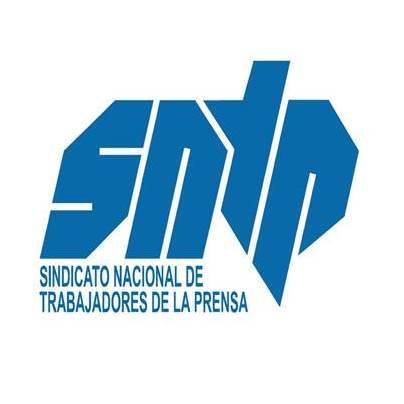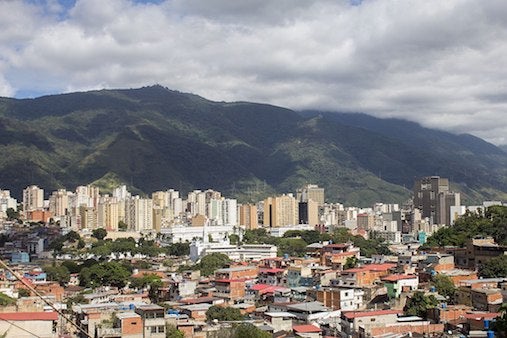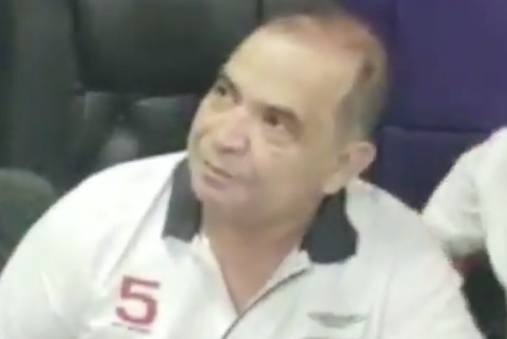According to the Inter American Press Association (IAPA), 22 executives from the three publications were restricted from leaving Venezuela.

According to the Inter American Press Association (IAPA), 22 executives from the three publications were restricted from leaving Venezuela.

Pero en la mañana del 4 de junio, los periodistas y miembros de la oposición se abrieron paso a través de las puertas y en contra de los miembros de la GNB.

But on the morning of June 4, journalists and opposition members forced their way through the gates and past members of the GNB.

A Paraguayan journalist for the newspaper ABC Color was sued for calumnia and defamation by a lawmaker who the reporter said participated in an attempt to bribe him so that he’d stop investigating a story.

Guatemalan presidential candidate Sandra Torres withdrew a request for precautionary measures against a group of editors of the independent newspaper El Periódico who she sued using the country’s feminicide law.

It is the 67th newspaper to end its print offering, either temporarily or permanently, between 2013 and 2019, according to IPYS Venezuela. Zulia joins three other Venezuelan states which no longer have a print publication, the press freedom organization added.

A Spanish journalist is the latest foreign correspondent covering the sociopolitical crisis in Venezuela to be ordered to leave the country by the government of President Nicolás Maduro, according to local and international media.

The Knight Center for Journalism in the Americas wanted to celebrate World Press Freedom Day (WPFD) by turning the tape recorder to journalists and press freedom advocates.

Each May 3 is a global celebration of press freedom and its importance to society. For this year’s World Press Freedom Day (WPFD), journalists and press freedom advocates will focus on media and elections, as well as the role of media in peace and reconciliation

A senior representative of the Peruvian Catholic Church who accused an investigative journalist of defamation withdrew his lawsuit against her.

Police officers forcibly entered a Honduran radio station to apprehend the director, a journalist sentenced to 10 years in prison for defamation.